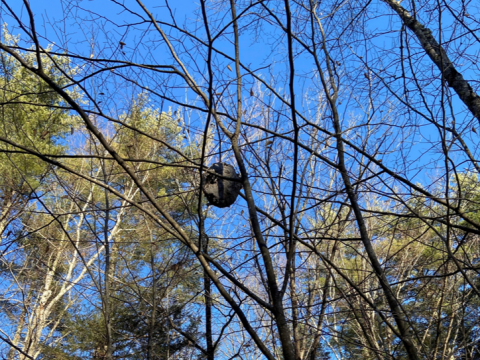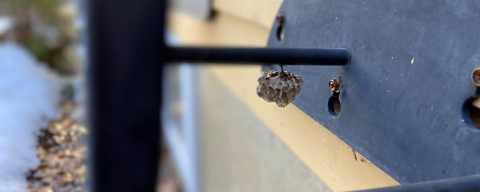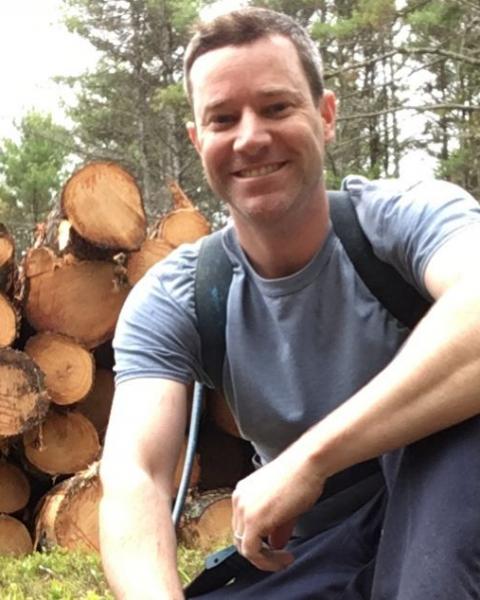A Winter's Reprieve
As a forester and arborist, I find joy working outside in every season. However, the arrival of the first hard frosts in autumn - followed by winter – has a special significance for me: a reprieve from wasps, hornets, and yellow jackets. Working in the woods in late summer and early autumn can feel a bit like running the gauntlet. Deep contemplation while marking trees for harvest can be instantly interrupted by the realization that I have stepped on a yellow jacket nest or strayed too closely to a hanging paper nest. The first painful sting brings only one thought – run!
Wasps and hornets are especially aggressive in the autumn. Food is scarcer and nests are full of valuable young. Bears, raccoons, and skunks – among other animals – are often willing to tolerate multiple stings for a chance to feed on the nutritious larvae. It is no surprise that wasps and hornets are so protective of their nests.

Foresters can recall, in detail, woodlots where they encountered a wasp or hornet nest. Despite the unpleasant encounters, it cannot be denied that wasps and hornets are important predators of caterpillars and other soft-bodied insects that are often pests of forest and landscape trees. For this reason, foresters, arborists, and loggers try to give a wide berth to nests. It is an uneasy truce that is quickly broken if the insect’s demands for space are not met.
Co-existing with wasps and hornets is part of working in the woods but may not be as easy close to home. For more information see the UNH Extension fact sheet Controlling Wasps, Bees and Hornets Around Your Home. In the meantime, I am going to enjoy having the woods to myself this winter.
Have a question about your woods? Contact your Extension County Forester today!
Do you love learning about stuff like this? Subscribe to the NH Woods & Wildlife Newsletter.
A quarterly newsletter providing private woodlot owners in New Hampshire with woodlot management news, pest updates, resources, and more.

